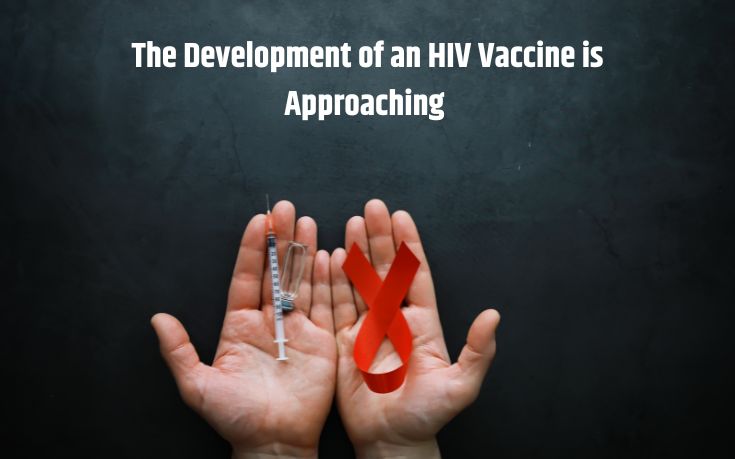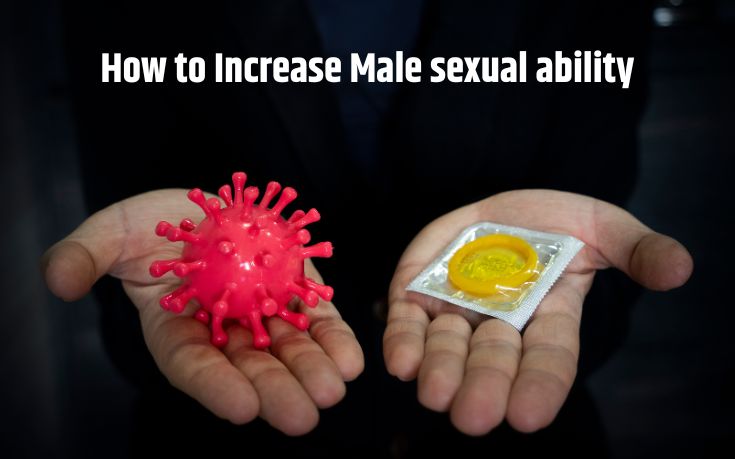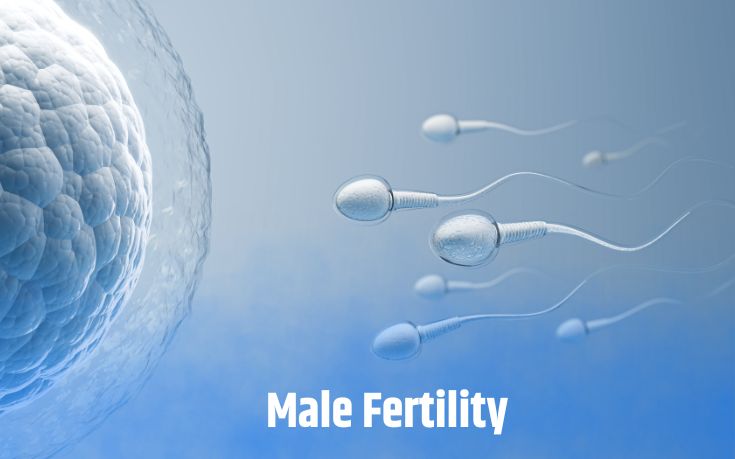HIV Vaccine Is Getting Closer To Happening
The quest to destroy HIV dates back many, many years. All through these months and years, researchers have been working patiently seeking the magic of the HIV vaccine that could prevent this deadly disease from claiming lives. That day is sure to mark a new revolution in the global fight against this virus, which just refuses to knuckle down. Medical research currently has brought us closer than ever to making such a vaccine a reality. There seems to be hope in today’s world for fighting this deadly disease called HIV/AIDS. HIV Vaccine HIV vaccine, or human immunodeficiency virus, has been one of the leading health-related concerns in the world since it was first found in the early 1980s. Yet, with all of the marvelous strides in treatment and prevention, a vaccine remains an elusive holy grail. The advancement in vaccine research and development can finally fuel fresh hopes. Breakthrough scientific discoveries, new technologies, and the coming together of people’s efforts finally give findings that can bring an HIV vaccine into our lives. This paper discusses the current status of HIV vaccine research, covering promising developments in the area and future challenges. The Current State of HIV Vaccine Research Hundreds of candidate vaccines have undergone testing over the past years, all with no success—none showed effectiveness in advanced trials. However, recent findings in this field bring new hope. Among those is the mRNA-based vaccine technology, which is one of the most promising candidates. It has been in the limelight due to its stunning success during the development of COVID-19 vaccines. The research investigates the possibility of mRNA vaccines against HIV by tapping into their prowess for strong immune induction. Second-generation approaches involves mRNA, protein subunit vaccines, and viral vector vaccines. Some of these strategies can prime an immune response against HIV. The different approaches underway are witness to the sophistication of the virus and the manifold nature of the immune response needed to prevent infection. Recent Breakthroughs and Clinical Trials One of the most recent prominent successes was that brought forward by the Imbokodo trial, also called HVTN 705/HPX2008, which was a randomized, double-blind, placebo-controlled Phase IIb proof-of-concept test for a mosaic-based vaccine regimen intended to induce immune responses against a diversity of HIV-1 strains. Results announced in 2021 showed a significant 25% risk reduction in acquiring HIV in the vaccinated versus placebo recipients. While this efficacy rate may not be high enough to warrant its immediate widespread use, it does mark a significant step forward in at least proving, for the first time, that an HIV vaccine is within reach. Another heartening development is the AMP study mentioned above, in which broadly neutralizing antibodies were tested to prevent infection with HIV. This study reported that one bNAb, VRC01, lowered the incidence of acquiring HIV by neutralizing vast numbers of different strains of the virus. These findings offer further avenues of research into bNAbs and possible applications in HIV prevention. Global Collaboration in the Search for an HIV Vaccine Global progress in vaccine research would not have been possible if there was no global collaboration. From funding to actual support of research efforts, organizations such as the International HIV Vaccine Initiative, the National Institutes of Health, and the Bill & Melinda Gates Foundation are but three of many that have raised their hand toward collaboration. This effort hence integrates the knowledge of different features, leading to innovation and acceleration in the potential vaccines. Another key basis in the fight against HIV is community participation. Affected communities must be involved in research studies, clinical trials, and all other efforts so that whenever decisions are made, their needs and views—those who are most affected by the virus—are guarded. This builds trust and thus encourages participation in vaccine trials, which is important for its success. Challenges and Future Directions Despite the developments made in the HIV vaccine, some challenges are still left. Of major concern is the mutation rate of the virus, whereby it can change the way it appears to evade the immune system. Another major challenge to vaccine development is the ability to provide cross-protection against this wide variety of HIV strains existent in different parts of the world. Facing these challenges, investigators are investigating new approaches that inactivate or target highly conserved parts of the virus, which are less likely to mutate. A second approach is to try combinations of different vaccine candidates in the hope of eliciting stronger, more broad-based immune responses. This again will require continued basic science investment to further our knowledge and understanding of the virus in finding new vaccine targets. HIV Vaccine: Impact An effective HIV vaccine would be one of the biggest milestones in global health. Not only is it expected to significantly reduce the number of new HIV infections but also understandably, the burden placed by HIV on healthcare systems and improve the quality of life of millions of people. Such an effective vaccine is expected to create quite a difference in control of the epidemic in the hardest hit regions by HIV—in particular, sub-Saharan Africa—and move toward the ending of AIDS as a public health threat. An HIV vaccine would augment existing prevention tools-including PrEP and ART-that has already shown huge potential to decrease the virus transmission rate. An HIV vaccine would thus offer a pioneering and very potent addition to the toolbox of prevention. Final Words The road toward an HIV vaccine has been long and tortuous, but we are closer than ever to realizing this dream. mRNA vaccines have been developed; the success of clinical trials such as Imbokodo and AMP has occurred, with global collaboration contributing to their outcome. Certainly, there are difficult days ahead, but there is so much to be optimistic about. An effective HIV vaccine would completely transform today’s landscape in the fight against HIV/AIDS—a meaningful hope for millions of people all across the world. Ongoing research, financial investment, and collective work can push this vision further forward toward the final aim of bringing an end



